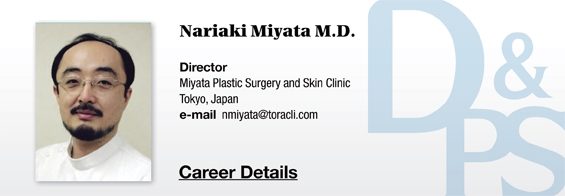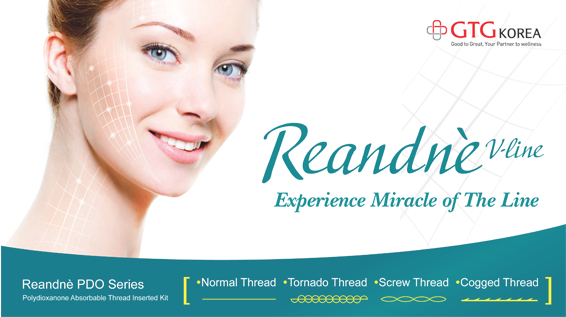
Device treatments are particularly difficult as the results are often not as drastic as patients expect. Pre-treatment consultation should thoroughly cover this aspect of the energy-based treatments to avoid serious complaints and even lawsuits. If the patient is expecting subtle improvement, he/she is likely to find the outcome satisfying. On the other hand, if the patient was expecting a clear improvement, he/she may be very disappointed. Patients who are well-informed about the procedure tend to accept the outcome but those without any backgroundknowledge may have unrealistic expectations.
Japanese patients tend to shy away from invasive procedures with downtime. They prefer light treatments with subtle outcomes. However, some have the misconception that energy-based treatments can bring improvements more drastic than surgery. Some even think laser has magical effects.
Some difficult patients tell their doctor they do not want people around them noticing the result, however still complain when no one notices the change. Such cases are very problematic. This type of patients are never satisfied and complain either way; whether other people notice the change or not. If only a subtle improvement is expected, the doctor should clearly explain other people will not notice the change. Japanese patients are reticent when faced with the doctor but express their dissatisfaction behind his/her back. This is a big challenge for Japanese doctors.
It is very important to accurately check with the patient what is expected from the treatment.
[Advertisement] Reandnè Thread Series – Manufacturer: GTG KOREA(www.gtgkorea.co.kr)
A good plastic surgeon is also a seasoned communicator with the ability to read people. The knowhow to select the right treatment for the rightpatient is just as important as surgical techniques. In other words, your speaking skills are just as importantas your manual skills as a surgeon.
In other medical fields, the doctor’s discretion is respected but in aesthetic medicine, the treatment is selected after hearing what the patient wants. Patients find it unacceptable if thetreatmentcarried out is different from what the doctor explained during consultation. It is very important, particularly in Japanese patients, to find out exactly what the patient wants from the treatment and get final confirmation before carrying out the treatment.
I occasionally see patients who have gotten procedures done in Korea. Some of them complain that they received a treatment they did not want. Some are indignant that the Korean doctor inserted a thread unbeknownst to them as a freebie. Many Japanese patients are averse to the idea of inserting a thread in their skin and will never be happy with the results even if they are very good. It is important to understand such cultural differences as well as individual differences on what the patient is willing to accept.
Let us take a close look at what should be explained during pre-treatment consultation. I hope this helps Korean doctors understand the difference between Korean and Japanese patients.
-To be continued-




















